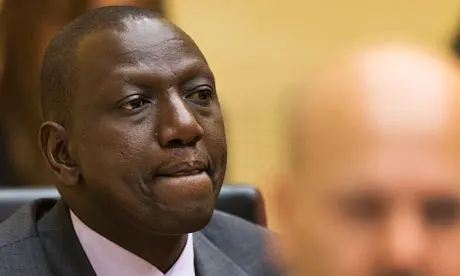The Kenyan government has admitted that it is facing a cash crunch that has delayed payment of salaries for thousands of public workers.
It says it had to make tough decisions on whether to pay the salaries or service millions of dollars in external debt, due this month.
The treasury has also failed to remit monies to counties – devolved units that oversee public services like health and education.
Workers in ministries, agencies and county governments have been the most affected by the delays in March salaries.
Finance Minister Njuguna Ndung’u said the government was facing financial constraints triggered by underperforming revenues and limited access to credit.
Two unions representing national and county government employees have issued notices of their intention to boycott work.
Deputy President Rigathi Gachagua has blamed the crisis on the former government which he accuses of borrowing heavily while in power and raiding the treasury before it left power last year. But he’s not provided any evidence of the allegations.
Presidential economic adviser David Ndii said the delayed salaries was not a crisis and termed the situation as “operational liquidity crunch”.

In a television interview, Mr Ndii said that the government was expecting $500m (£460m) from a syndicated loan and civil servants’ salaries would be cleared by the end of next week.
Kenya’s public debt now amounts to 65% of revenue. The country needs more than $420m monthly to pay for salaries and pension for civil servants.





















